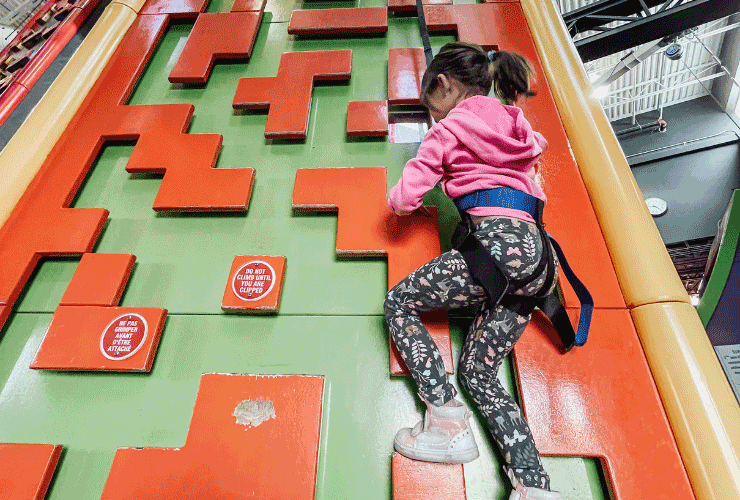A Parent’s Guide to Helping Children Build Self-Motivation
5. Strengthen relationships.
Motivation is vital to maintaining the bond between you and your children. Social activities can stimulate a child’s interest in previously disliked household chores and school subjects. Also, doing more educational activities with your child doesn’t just allow you to spend more time with your child. This indicates a close attention to the needs of your child. It means total presence.
On the other hand, quality does not mean that it is only about good feelings. Helping your child develop emotional control skills during tantrums, slowly teaching them to respectfully disagree, or encouraging problem solving instead of just saying no is a valuable investment of time.
6. Provide plenty of options.
Show your children that they have a choice. They will learn about the benefits of delayed gratification when they decide whether to spend their pocket money on comics or save for a bike. Giving children choice gives them a sense of power and control over their actions and is a step towards adulthood. Children will use their ability to make intelligent decisions for the rest of their lives. Giving children choices requires parents to first decide what options they will be given.
7. Take a chance. Children who feel secure are more likely to take advantage of attractive opportunities.
Praise your children for initiative and effort, regardless of immediate results. This way, instead of holding themselves back, they will learn from their mistakes. Then they will be able to make better decisions than they used to. This will give children more opportunities in the future as they gain self-confidence and self-motivation.
8. Encourage children’s curiosity.
Providing and developing self-motivation in children is challenging, but they are an important audience. Curiosity is a variable quality that fluctuates throughout our lives depending on who, where and what we do. This is both comforting and scary. This is encouraging, as it turns out that we, as parents, play a significant role in developing our children’s curiosity. It is difficult because it requires selfless and continuous effort.







